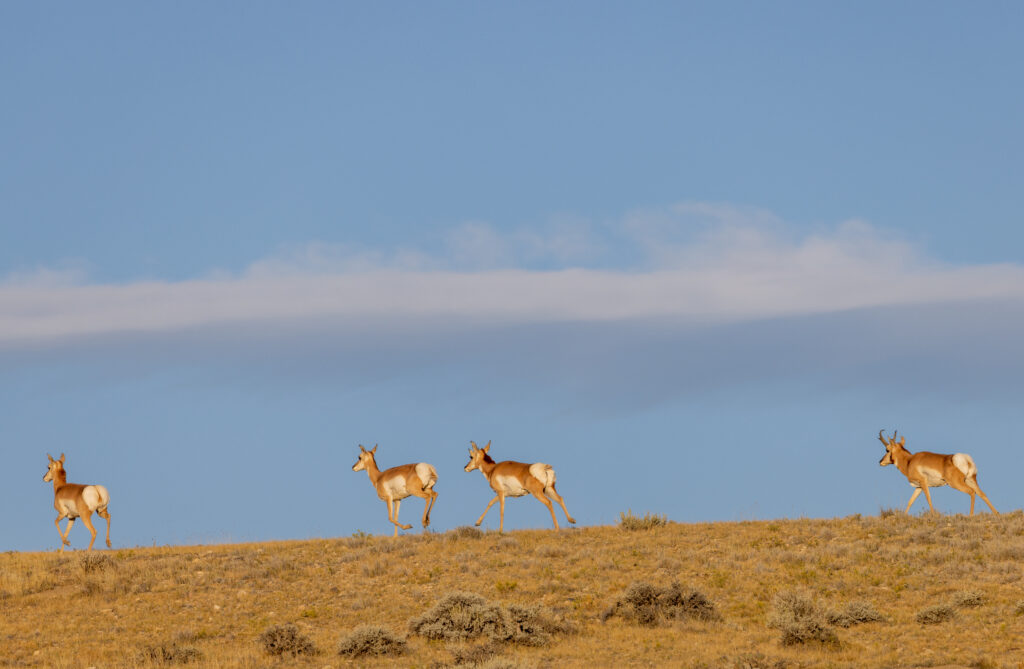
This public comment was submitted to the Wyoming Office of State Lands and Investments regarding its proposed qualified bidder rule.
Main Points
- State trust land must be managed to produce revenue and long-term value for public schools, consistent with traditional trust principles. These lands are of particular interest to PERC as an opportunity for conservation through markets and incentives, rather than top-down regulation.
- The proposed “qualified bidder” definition would violate trust principles by artificially restricting the market to lease state trust land and sacrificing revenue for schools. The proposed rule is a concerning step toward treating trust lands as a political football rather than managing them consistent with trust duties.
- The proposed “qualified bidder” definition excludes conservation interests from the market for oil and gas leases without any alternative process for conservation to generate more revenue and long-term value for trust beneficiaries. OSLI must either revise the proposed definition to avoid suppressing the market or establish an alternative process to evaluate conservation offers. We are not asking for conservation and recreation interests to receive preferential consideration, just that OSLI considers all users and interests equally and in line with its trust duties.
Introduction
The Property and Environment Research Center (PERC) respectfully submits this comment opposing the Office of State Lands and Investments’ (OSLI’s) proposed regulation defining “qualified bidder” to exclude conservation interests. PERC supports the creation of markets for voluntary conservation of state trust lands, which enable states to capture for trust beneficiaries the substantial environmental and economic benefits these lands provide. This market solution is clearly preferable to the alternative of top-down regulation that imposes conservation while reducing revenues for public schools. And it also has the salutary benefit of encouraging conservation groups to come to the table, be realistic about their demands and sensitive to the costs imposed on others, and factor compromise solutions. The proposed rule closes off this win-win solution, restricting the market and revenue for public schools to subsidize a favored industry.



